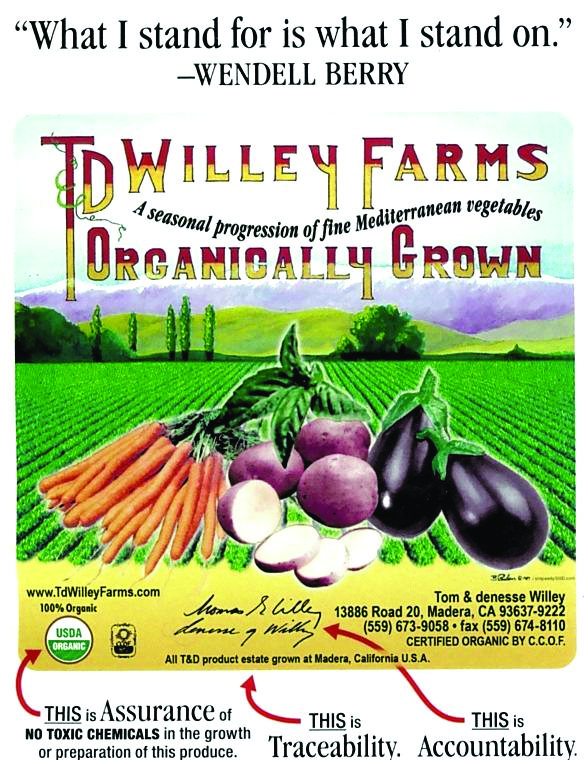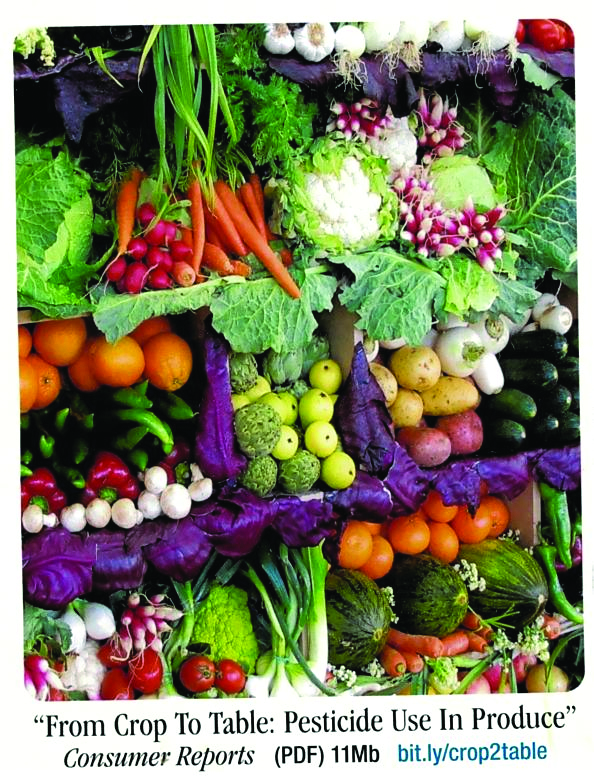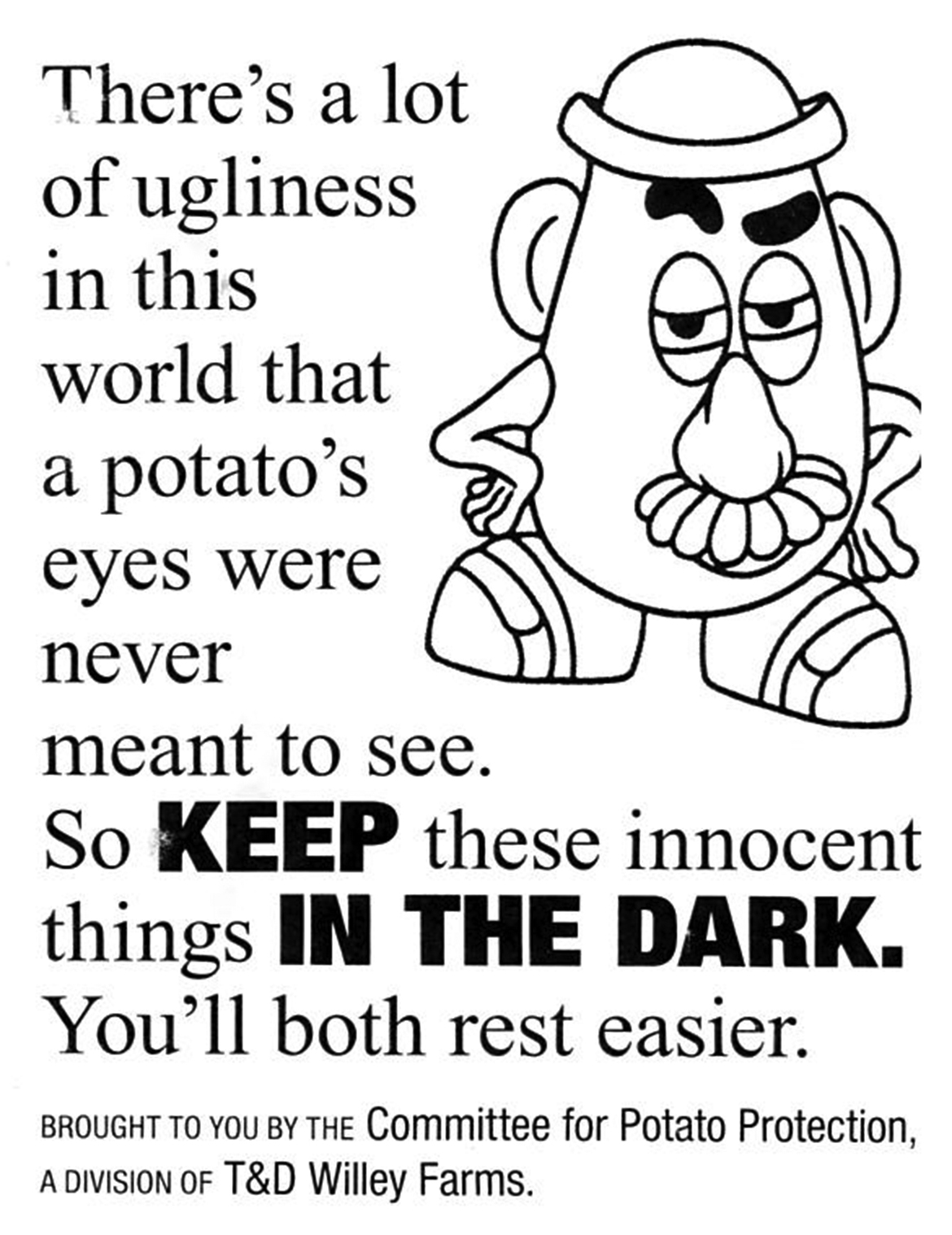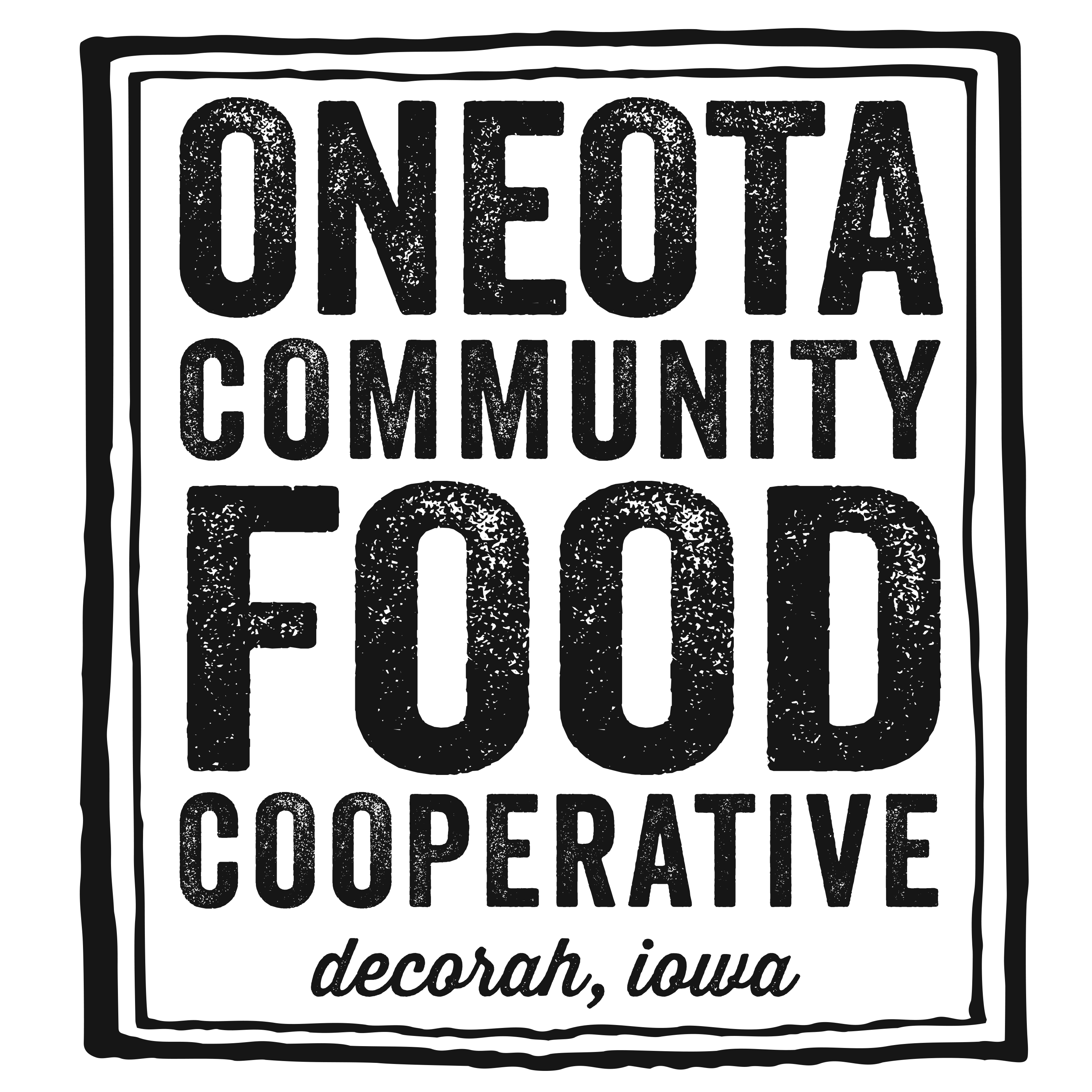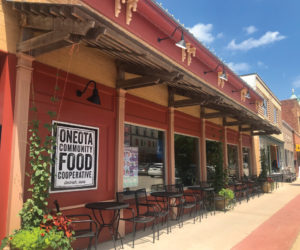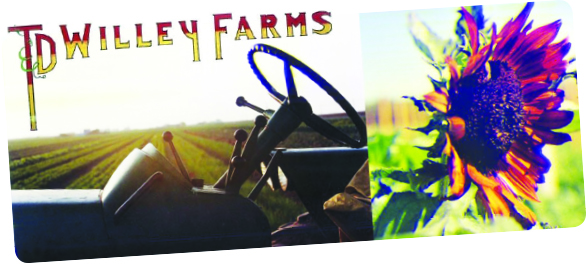
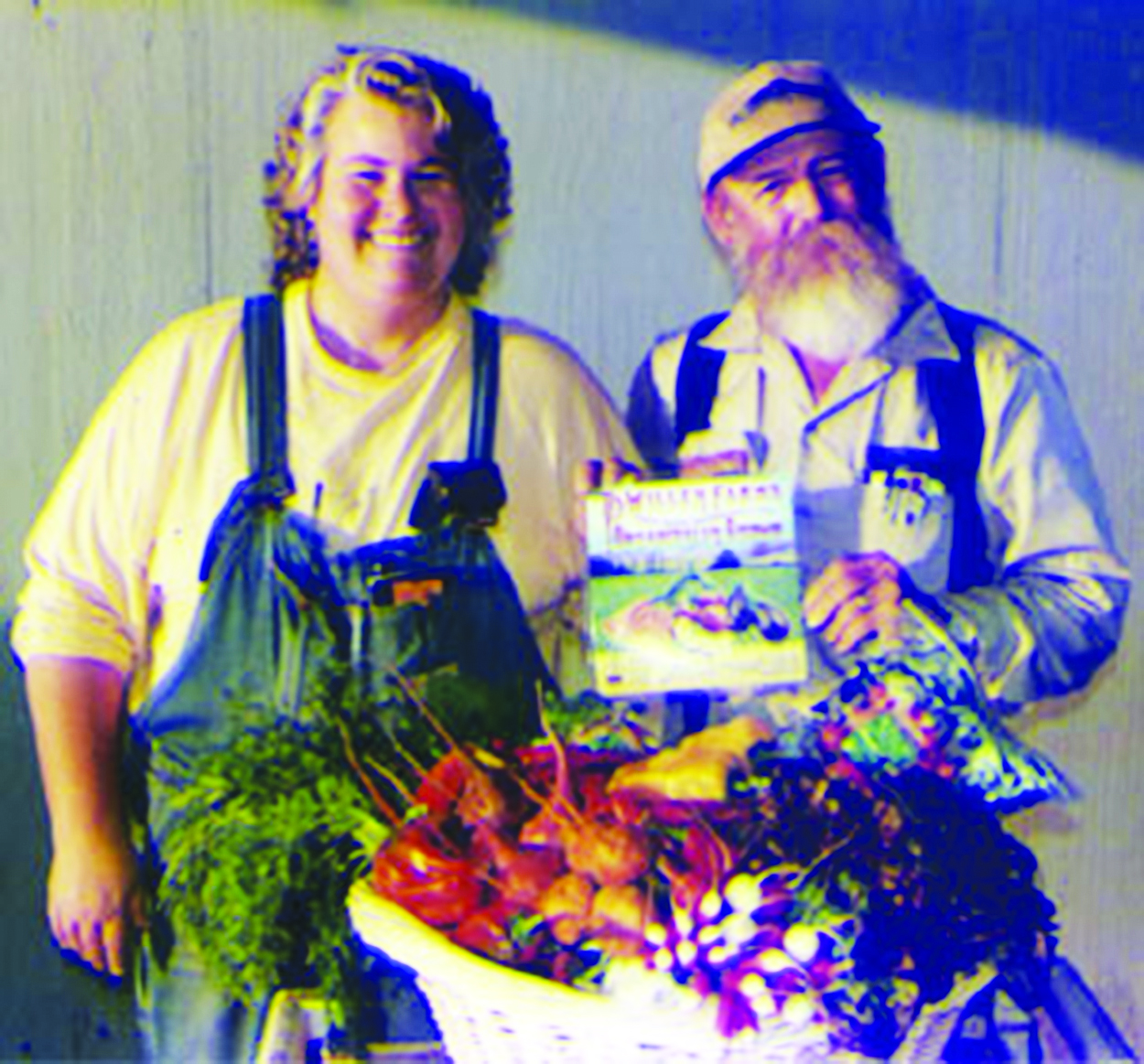
By: Betsy Peirce, Produce Manager
A few years ago on a trip to California I had the pleasure of driving south through the Salinas Valley, one of the biggest agricultural areas in California. The produce geek in me all but held itself back from hanging out the window. As we whizzed past to our destination I was astounded at the scope of the massive farms which I patronize but had never seen with my own eyes. My traveling companions humored my enthusiasm. We drove past Castroville, the artichoke capital of the world, and Watsonville, the home of the headquarters of Driscoll – the massive berry grower cooperative.
I saw field hands in the fields of lettuce as far as the eye could see. Trucks rolled past us packed to the gills with baby spinach. It was fascinating. Iowa is not typically a place where we see massive fields of vegetables, and it was amazing to see the California version of intensive agriculture. The labor used in those fields is primarily migrants who move from farm to farm and region to region flowing to where work is available. As I looked out the window, I was acutely aware of the hard labor these workers endure in order for Midwesterners to eat fresh fruit and vegetables in the winter.
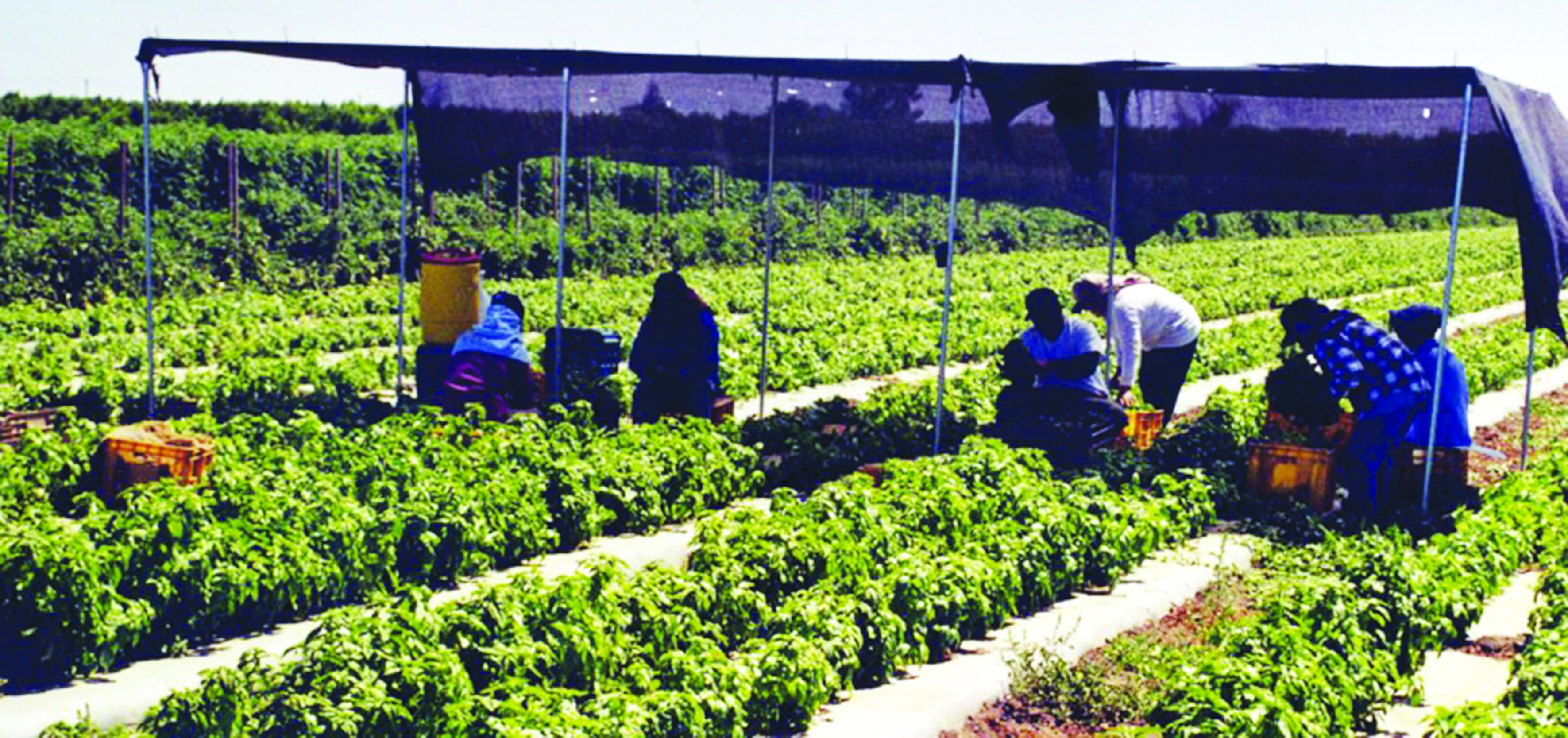 In my role as Produce Manager, I work half (or more) of the year with the “little guys” of the farming community. They are mostly doing it all themselves on 3-10 acres with a field hand or two during the growing season. In the winter season, out of necessity, the Co-op buys a lot of California produce.
In my role as Produce Manager, I work half (or more) of the year with the “little guys” of the farming community. They are mostly doing it all themselves on 3-10 acres with a field hand or two during the growing season. In the winter season, out of necessity, the Co-op buys a lot of California produce.
Over the past 22 years as Produce Manager, I have purchased organic produce from many farms in California. To stand out, a farm has to have a good marketing team to make a produce manager take notice. T & D Willey Farm in Modesta, CA (in the Central Joaquin Valley where almost half of the fruits and vegetables consumed in America are grown) is one of the farms that stands out.
The owners, Tom and Denesse Willey, are veteran farmers, marketers, and entrepreneurs. In fact, Tom Willey is considered as one of the pioneers of the organic farming movement. They began farming in the 1980’s and certified their farm as organic in 1987. The 75-acre farm sits in the some of the most productive soil on earth. By our local vegetable growers’ standards that would be a large farm, but compared to the typical farm in California they are considered small. Tom and a staff of ten people grow everything from brussels sprouts to Italian zucchini, employing the latest in biological fertility systems. Denesse manages the hand-harvest, sales, and shipping with her permanent staff of 40 and summertime help with as many as 40 additional people. They are proud of how they are different.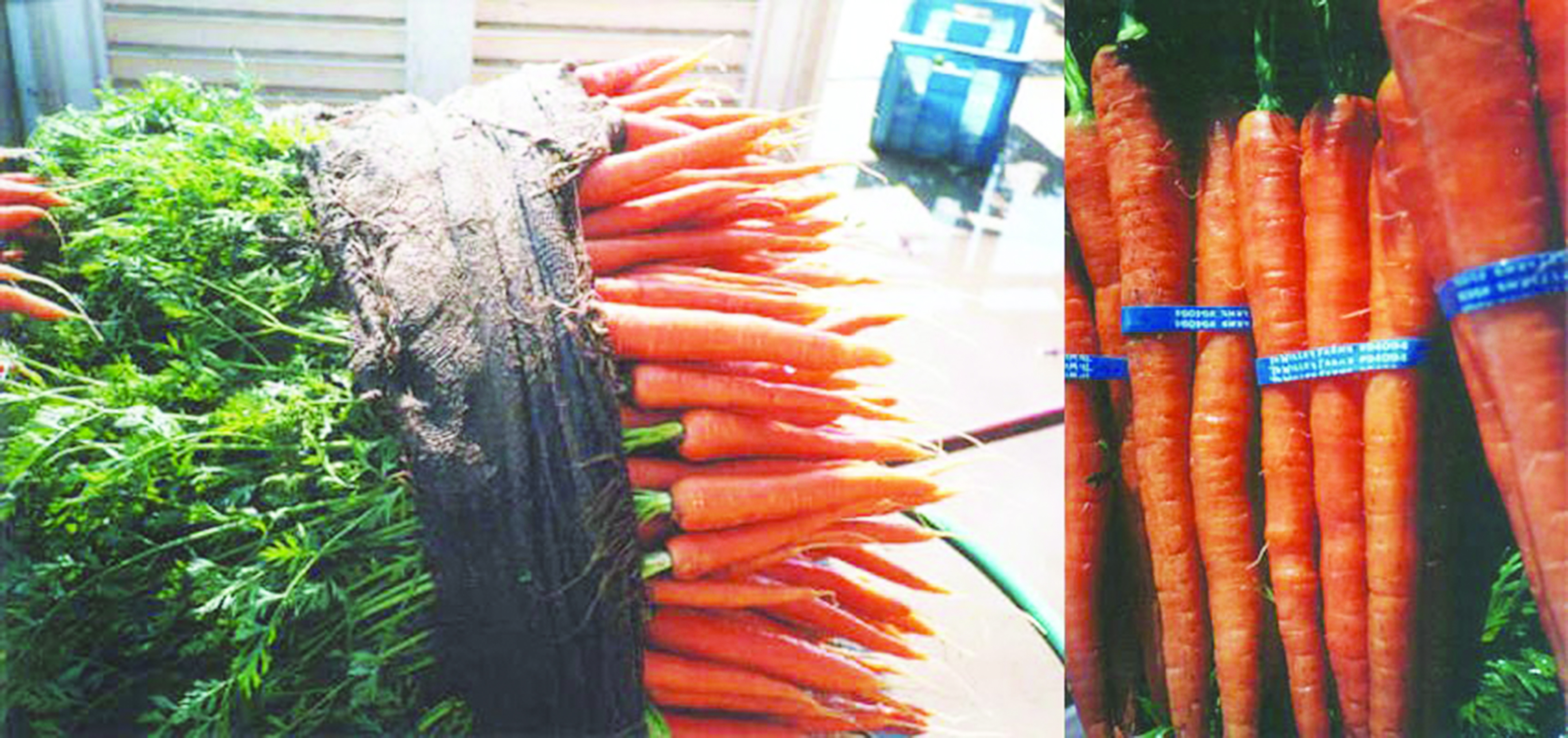
These words from the Willey’s speak to their mission. “Small farms are criticized as inefficient; lacking sufficient scale to adopt expensive mechanized technology to reduce unit cost of production. We believe that caring people’s eyes and hands are the paramount tools of quality production. We marvel that nearly fifty families besides our own are supported year-round by the production of our 75 acres. Please take pride that your purchase of our produce at fair prices sustains a community of people who appreciate the opportunity to serve you and the land.”
Until recently the Willey’s also ran a CSA that had 800 subscriptions at its peak. They have now partnered with Food Commons. This is a Fresno-based community organization whose mission is “part of a larger goal to help to create jobs, improve access to local food and developing stronger connections between farmers, buyers and consumers.” Surprisingly, the need for a “food commons” is a necessity in the most fertile valley in the USA. Ironically, there has not been much of a local food system established in the area. The Willey’s supply the majority of produce in the boxes and Food Commons takes care of the distribution. In an interview with the Madera Tribune, Mr. Willey expressed relief at the opportunity to partner with Food Commons. He said “I’m no longer a young farmer and when you’re approaching 70 years of age and you’ve been farming for almost 35 years in the Fresno-Madera region, your thoughts begin turning to succession and our three grown children are pursuing other careers.”
(http://www.fresnobee.com/news/business/agriculture/article22571628.html#storylink=cpy).
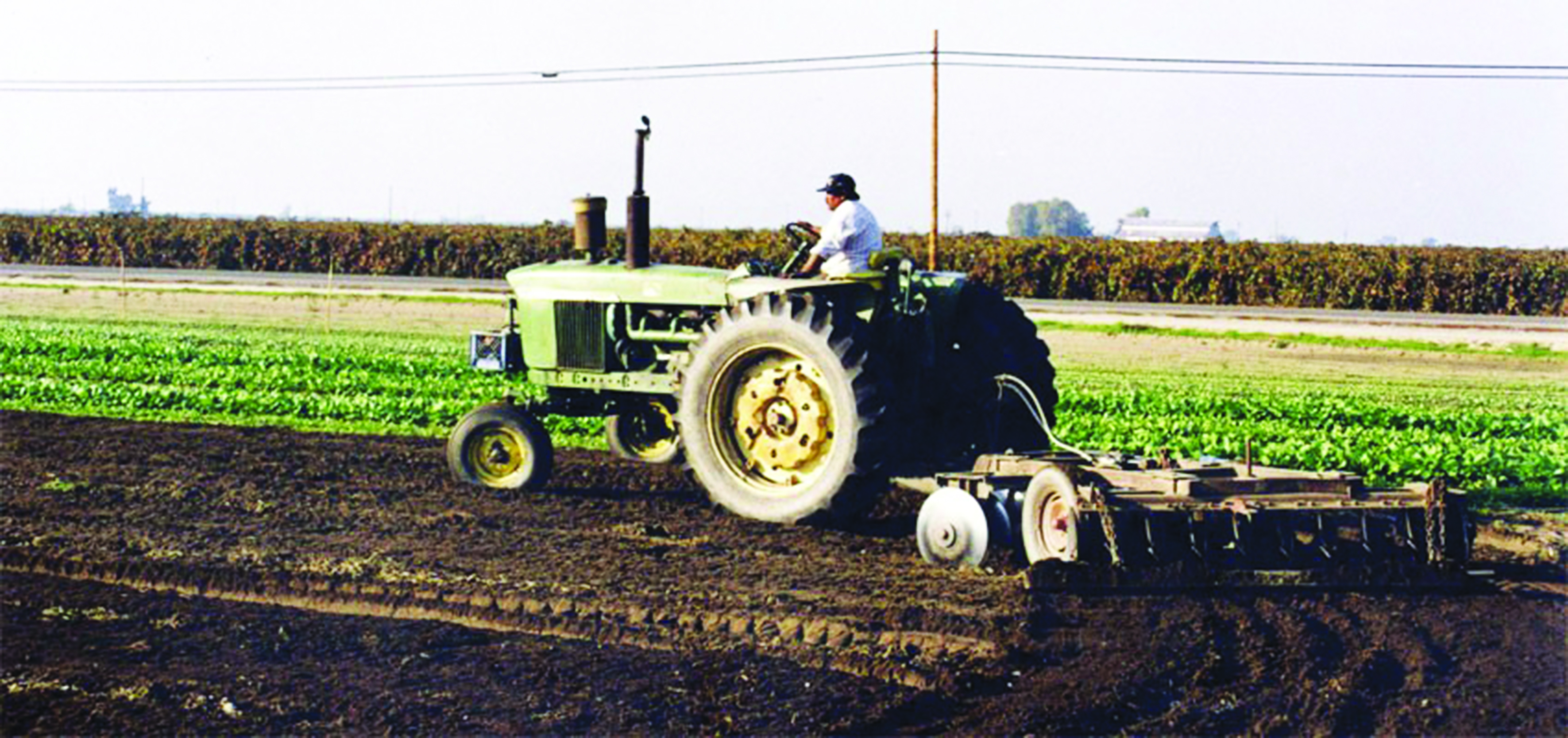
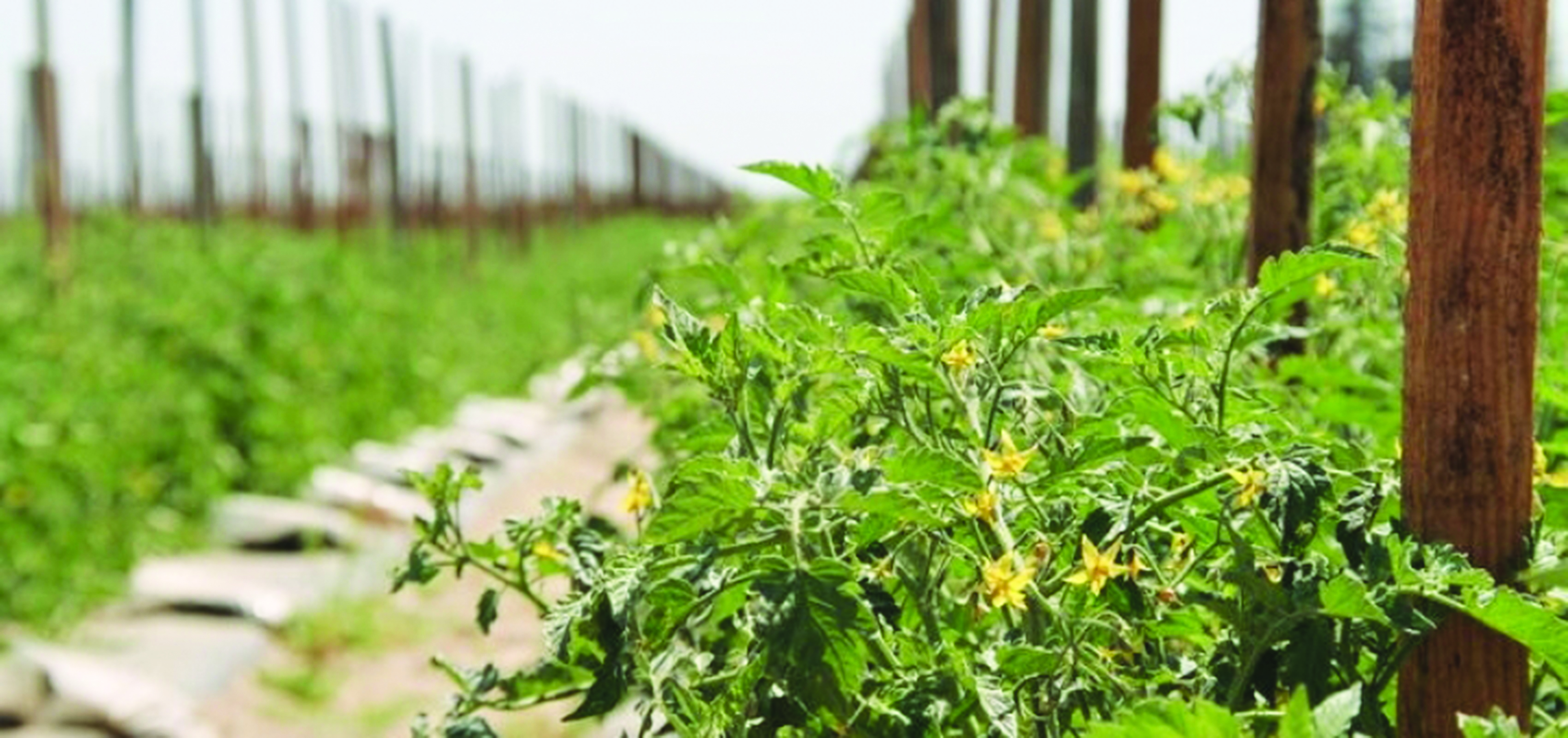
We are happy to know that T & D Willey Farm will continue to service their wholesale customers in and around Modesta at restaurants and organic specialty markets and also as far away as Minneapolis. Years ago, Rick Christianson, the buyer for Roots and Fruits (a Cooperative warehouse in Minneapolis) began a relationship with the Willey’s. He is now a buyer for Co-op Partners Warehouse and can’t remember a time he did not buy from them. We, too, are fortunate to buy their produce via Co-op Partners Warehouse. Rick says of the Willey’s, “Without pioneer organic farmers like the Willey’s, it would be difficult for today’s [organic] farmers to exist. They paved the way for the organic movement to take hold.”
The Willey’s produce appeal to many over the “big guy’s.” With high-quality and unique varieties, the Willey’s strive to make it easy to tell the difference. “We strive to put out a product that is superior to conventional produce in flavor, appearance, and ecological costs. We pick and ship a product that shows more care and attention to detail than the large organic operations. It has been said that a job well done brings honor to the task and satisfaction to the soul.”
They set themselves apart by selling their beautiful produce from paper lined wooden crates, or smaller sized boxes that protect the unique varieties they grow. They also create interest in their farm by simply including a 4 x 6 essay, written or chosen by Mr. Willey, in each box. (At one point they tried to cease the practice, but there was such uproar from customers that they resumed the practice.)
Not only is the produce stunning, but the essay, cartoon, or quote can impart knowledge about the state of farming, the California drought, climate change, or a system of pasture-fed animals in California now grazing on greens raised in greenhouses. All written with first-hand insight and noted sources to make it easy to learn more. Our receivers at the Co-op routinely hang them up in the prep area because they are so interesting.
Last year, for the most part, we stocked only T & D Willey bunched beets and local Patchwork Green bunched beets year round. While we value our local farmers above all else, it cannot be contested that if California farms like T & D Willey Farm did not exist, our shelves would be bare in the winter.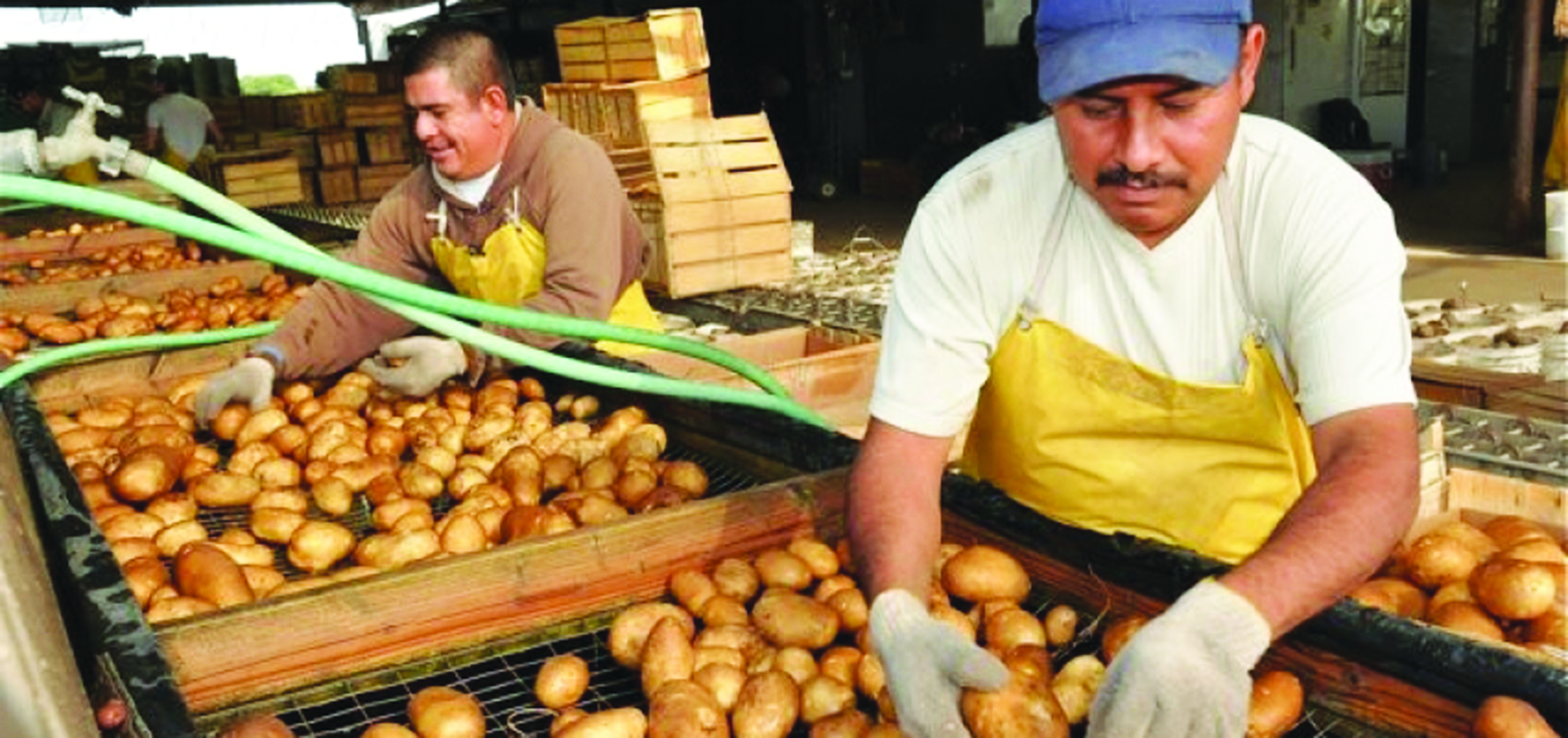
At the same time the Willeys encourage our local produce scene here in Decorah. Rick Christianson says, “Denesse is very supportive of the regional food scene and will not ship something that Co-op Partners can procure locally.” Instead, she finds elsewhere to sell her product in order to leave the market open for locally-sourced items.
We like that Co-op Partners includes and indicates T & D Willey Farm produce on their price list because they know that produce buyers, like me, want the choice to buy T & D Willey instead of a big ag brand. If we can’t buy local, at least we have T & D Willey Farm.
